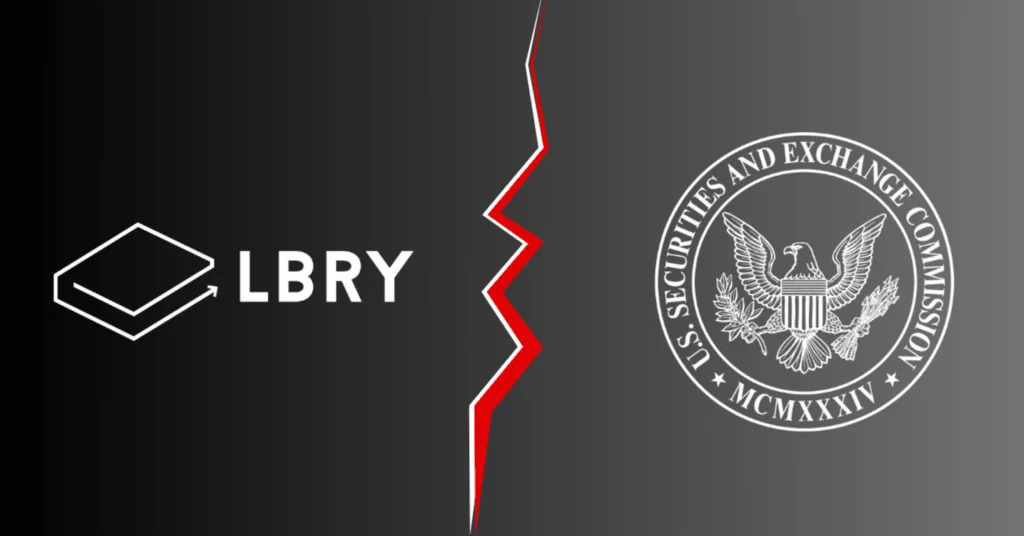The LBRY judgment has implications for Ripple and Coinbase, and raises concerns regarding securities classification and SEC defenses.

The United States District Court for the District of New Hampshire has issued its definitive judgment in the case of Securities and Exchange Commission (SEC) v. LBRY, Inc.
The Court has determined that LBRY, Inc. violated Section 5 of the Securities Act 1933. This ruling has significant implications for the ongoing legal conflict between the SEC and other cryptocurrency exchanges, including Coinbase and Ripple.
Judgment In LBRY vs. SEC Case
The Court granted the SEC’s Motion for Summary Judgment on November 7, 2022, establishing LBRY’s liability for Section 5 of the Securities Act violation. The Court’s ruling (Doc. 86) prompted the Commission to request the entry of a Final Judgment, which the Court has now granted.
The Final Judgment prohibits and enjoins LBRY from violating Section 5 of the Securities Act permanently. In addition, Section 21(d)(5) of the Exchange Act permanently prohibits LBRY from participating directly or indirectly in any unregistered crypto asset security offering.
The ruling in the LBRY’s case raises concerns regarding the potential outcome of the ongoing litigation between the SEC and Ripple and Coinbase. While the LBRY decision focused on violations of Section 5, it did not address secondary sales or the Major Questions Doctrine.
No help to the market from this decision on whether the LBC token itself is a security. The judge sidestepped the issue & didn’t entertain the major questions doctrine. The whole case achieved nothing except harm to one company & its employees. So much for clarity through courts. https://t.co/WYMWFoEmBS pic.twitter.com/dSK0WsGPDW
— bill morgan (@Belisarius2020) July 11, 2023Consequences For Ripple And Coinbase
Similar allegations are made in Ripple’s case regarding the sale of XRP as an unregistered security. Deaton notes that the SEC cited the LBRY judge’s summary judgment opinion in the Coinbase case and argued that the judge failed to distinguish between direct sales from the issuer (LBRY) and secondary sales on exchanges.
I say it’s better than nothing because in the Coinbase case the SEC cited the LBRY Judge’s summary judgment Opinion and argued that he made no distinction between direct sales from the issuer (LBRY) and secondary sales on exchanges. This implies the Judge considered them all… pic.twitter.com/9XcGbyvNCz
— John E Deaton (@JohnEDeaton1) July 12, 2023Recently, XRP Lawyer John Deaton and Ripple’s Chief Technology Officer (CTO) David Schwartz have expressed their anticipation that Judge Torres will render a summary judgment by September.
